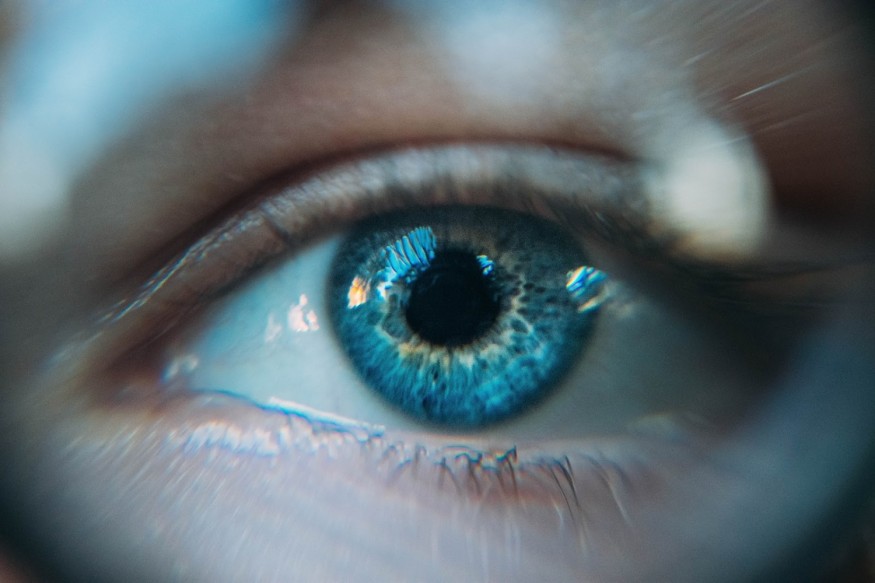
Data scientists suggest that Google search trends can be indicative of COVID-19 symptoms. According to Seth Stephens-Davidowitz, the number of Google searches on "loss of smell" and "eye pain" were at par with the number of existing coronavirus cases.
Google Searches Can Determine the Location of New Coronavirus Outbreak
The number of Google searches for eye pain increases in locations where COVID-19 is evident.
Photo by Daniil Kuželev on Unsplash
New York, New Jersey, Louisiana, and Mississippi have all been searching the same thing on Google: loss of smell. These cities are also the hard-hit cities of coronavirus in the US.
The number of times "eye pain" was searched for in Spain and Iran rapidly reflected the spread of the virus in the said countries. Searches for eye pain notably increased in Spain starting from the middle of February towards the middle of March.
The same increase for eye pain search occurred in Iran in March. In the same month, Google searches for "bruciore occhi" (burning eyes) in Italy also went up.
Read also: Top States That Won't Be Stopped From Going Everywhere Despite Coronavirus: Google Mobility Reports
Ecuadorians and Their Loss of Smell
Google search trends suggest that Ecuador might be the next epicenter of the coronavirus. Ecuador currently has 3,646 cases and 180 deaths to date, but Ecuadorians may expect a rise in their cases soon.
The number of Google searches for "no puedo oler" (I can't smell) is 10x higher in Ecuador than any other county. Top searches in the country also include fever, chills, and diarrhea.
Eyes, Nose, and Throat Doctors Warn Public to be Cautious
Doctors ask patients experiencing loss of smell to self-isolate.
According to NYTimes, people with loss of smell and taste should be tested and isolated even if they do not experience any other coronavirus symptom. Earlier reports from Wuhan, China warned that many ENT doctors were infected and dying.
The American Academy of Otolaryngology posted material on their website on Sunday, saying that evidence points to the loss of smell and taste being significant symptoms correlated with COVID-19. They claim to have seen the same signs in patients whose tests came out positive but do not present any other coronavirus-related symptoms.
The academy also warns that the symptoms, in the absence of allergies or sinusitis, should raise red flags for doctors to test the patients for coronavirus and warrant serious consideration for self-isolation and testing.
Professor Claire Hopkins, president of the British Rhinological Society, expressed in an email her desire to raise awareness that the symptoms can be a sign of infection. She strongly urges that anyone who develops a loss of sense of smell should self-isolate. She also believes that it could contribute to cutting down the transmission and save lives.
Hopkins and Nirmal Kumar, president of ENT UK, released joint statements urging health care personnel to use personal protective equipment whenever dealing with patients who claim to have lost their sense of smell. They also advised against the performance of unnecessary sinus endoscopy.
Although Google search data suggests that eye pain and other highly searched for symptoms can be related to coronavirus, it may only affect a small fraction of COVID-19 patients. Despite that, public health officials and frontliners alike should carefully look into these symptoms.











